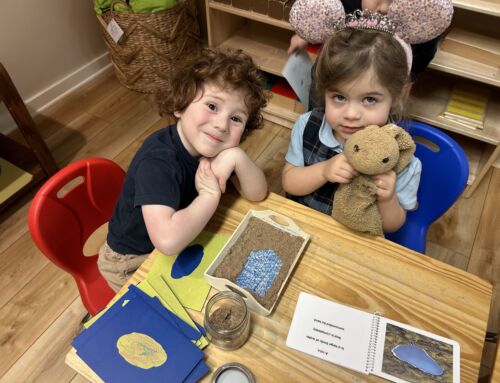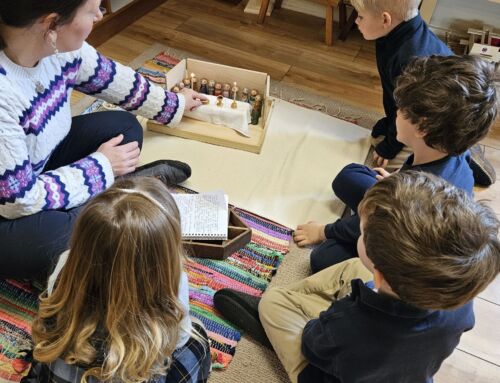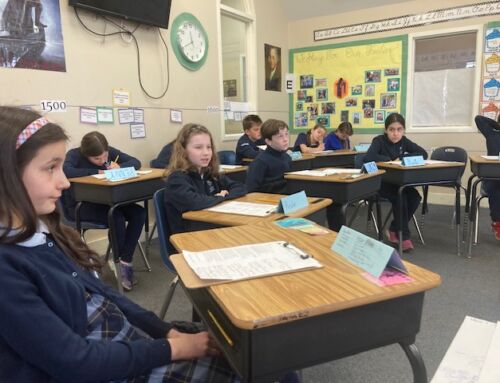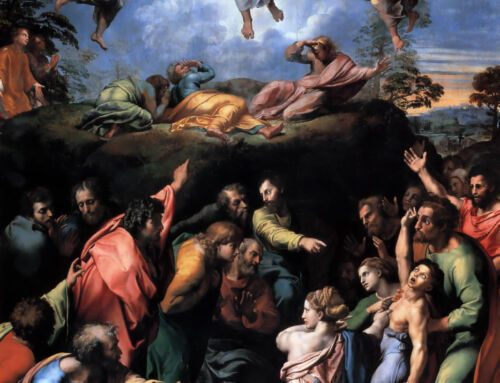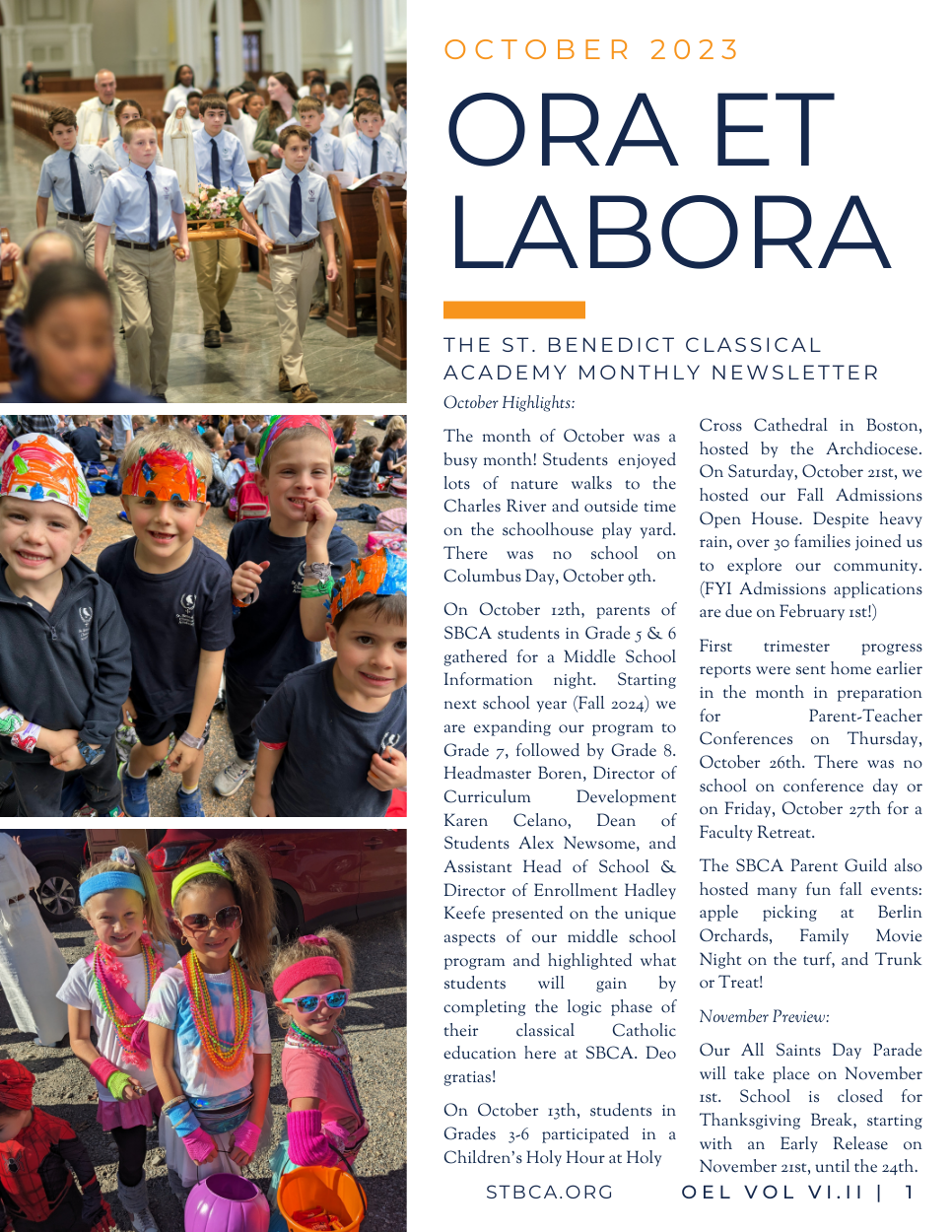It’s the week of Thanksgiving, and for many of us, this week entails a lot of hustle: planning dinner, writing grocery lists, waiting in check-out lines, cleaning guest rooms, washing tablecloths, fighting traffic, prepping, cooking – and then, finally, the day arrives. The table is set, the food is laid out, the family is gathered, and we can enjoy the feast.
For Christians, the rhythm of this week is a microcosm of our lives. It’s not by accident that heaven is often described as a feast. And our lives of labor here on earth ought to be preparing us for that feast, for that day on which we will “enter into God’s rest” (Hebrews 4:11). Thus, as we enjoy these days off work and school and prepare for the Thanksgiving feast, it’s a good opportunity to reflect on rest, and how we as Christians can enjoy it well.
Too often, we fall into the habit of seeing our holidays as opportunities to recuperate from work so that we can return to our labors with more energy. Yet such an attitude is antithetical to Scripture. As Rabbi Abraham Joshua Heschel reminds us in his classic work The Sabbath, we do not rest to prepare ourselves for work – we work to prepare ourselves for rest. Our work is good and holy only insofar as it prepares us to enjoy God’s rest. (Think of it: would we ever say that the point of Thanksgiving dinner is to enable us to grocery shop and cook and clean, rather than the other way around?)
A wise friend once told me that human life should be balanced on three legs: work, play, and rest. We Americans, he said, know how to work hard and play hard, but we do not know how to rest. We often confuse play with rest, but they are not the same thing.
So if rest is not play, what is it? It is not simply the cessation of activity, not merely exhausted collapse. Still less is it succumbing to the lethargic consumption of mindless entertainment. Rest is an art, a skill that must be acquired through practice. We must learn how to rest. If we do not practice the art of rest while we are here on earth, there is little chance that we will be prepared to enjoy God’s eternal rest in heaven. Or, to put it another way: God cannot come to rest in us if we do not allow ourselves to rest.
What is the art of rest? It is the art that God models for us in Genesis. The Hebrew word for rest means to “dwell”, to “settle in,” to “abide with.” On the seventh day, God settles in to enjoy His good creation, the fruits of His labors. He abides with His creation and with us. This “abiding with God” is what the spiritual masters of the Christian tradition call contemplation. It is the art of being fully open to and present with others, creation, and God.
Because we are fallen creatures, rest is difficult for us. Our minds wander, our souls recoil, our bodies grow antsy. Though we long for rest, we refuse it when it is offered and we do not know how to enjoy it. The extensive rules governing the Sabbath rest in the Old Testament are perhaps an indication of how hard it is for us to rest without careful discipline: God seems to know that if He gives us an inch to allow work to seep in, we will take a mile! It is an act of asceticism and self-denial to train ourselves to rest – to give up our ambition to constantly do, and simply allow ourselves to be.
If we read Scripture carefully, we find countless examples of people who are admonished either for working when they should have been resting, or for playing when they should have been working (and thus unprepared for rest when it comes). There is, of course, Martha, to whom Jesus longed to offer His rest but who could not slow down to receive it. There’s Peter at the Transfiguration, who (with his characteristic impulsivity) wants to get to work – “Let us build three tents!” – only for God to immobilize him by literally knocking him prostrate. There are the five foolish virgins, who dawdled when they should have been gathering oil and thus weren’t ready to enjoy the feast. It’s a paradox Pascal pointed out in his Pensees when he wrote: “Nothing is so unbearable for man as to be in complete rest, without business, without entertainment.” It is much easier to divert ourselves with work and play than to enjoy true rest.
But rest is commanded by God, not because He needs us to contemplate Him, but because He knows it is what we need to be truly happy as the creatures He made us to be. God longs for us to take the time to enjoy the beauty of creation that He made to share with us. He longs for us to enjoy each other’s company and to look at each other – the family and friends He has blessed us with – with delight and love. He longs for us to take the time to savor the fruits of our own human labors: to eat good and wholesome food, to see beautiful art, to read beautiful words, to hear beautiful music. And He longs for us to dwell with Him in prayer and praise and thanksgiving. This kind of rest is not a mere luxury to be enjoyed only when we have time for it. It is a necessity for living a fully human life.
As you celebrate the Thanksgiving feast this year, my prayer is that you and your families may make time to “enter into God’s rest” – to be fully with each other and with God. May your Thanksgiving feasts be a microcosm of heaven in your homes, a foreshadowing and inbreaking of that heavenly banquet where our earthly labors are crowned and sanctified with God’s eternal rest.
AUTHOR: Karen Celano, Director of Curriculum Development

